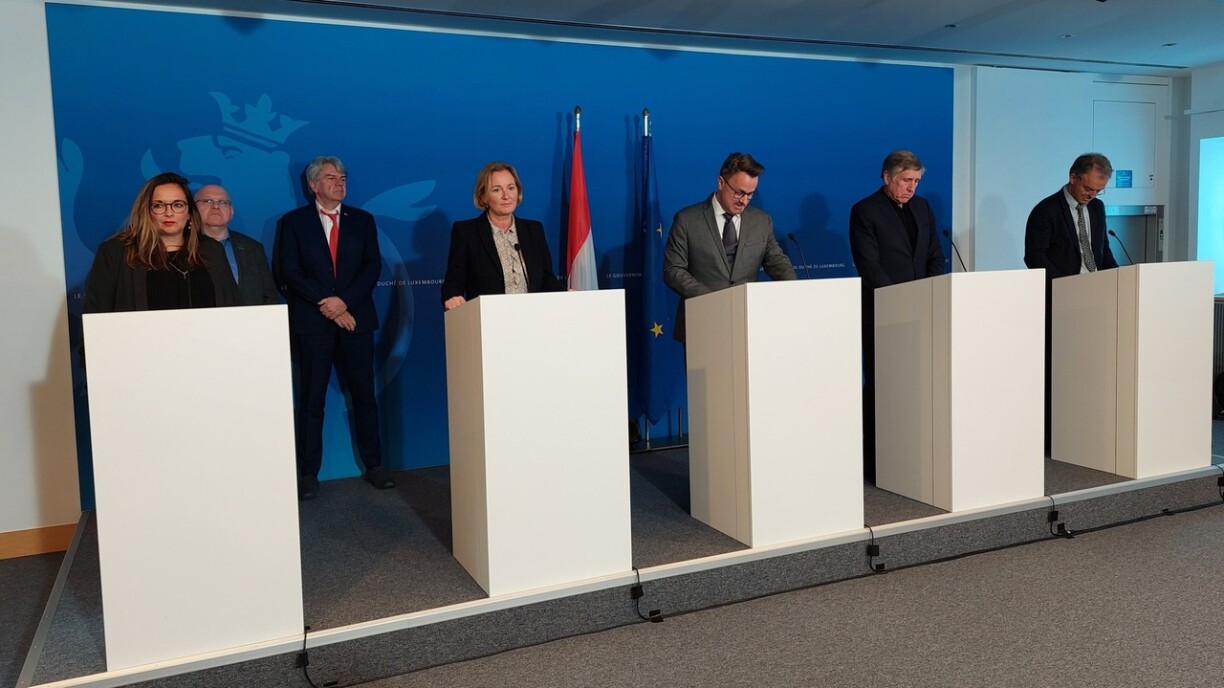
After the last two days each saw thirteen hours of round-table discussions between the government, social partners, and employers’ representatives, the parties agreed on a preliminary agreement, which still has to be signed next week. The indexation was at the centre of attention, with union representatives making clear that they will not accept any meddling with the system.
After the end of the tripartite on Wednesday, the PM and Deputy PM addressed the press and described the discussions as constructive. The result represents a compromise, which all sides are willing to accept in this time of multiple crises.
The next indexation is scheduled for April and will see a 2.5% increase in salaries and pensions. The second indexation, initially set to come in August this year, will be delayed to springtime 2023 and accompanied by a tax credit compensation for low-income households.
Until July, the government will add 7.5 cents per litre on the sale of petrol. Rents will be frozen until the end of the year, while the government’s CO2 tax revenue will be distributed differently than in normal times.
After the talks, Deputy PM François Bausch acknowledged that there is a certain conflict between the proposed measures and the dependance on fossil energy sources, which needs to be resolved.
Michel Reckinger from the Union of Luxembourg Enterprises (UEL) meanwhile described the agreed-upon solution as “exceptional”. He underlined that measures have to be selective at all cost.
The next meeting between all three parties is set to take place at the Senningen Castle on Thursday, 31 March. If an agreement is signed, then PM Bettel will address the Chamber of Deputies on the same afternoon.
The proposed measures are expected to cost more than €500 million.